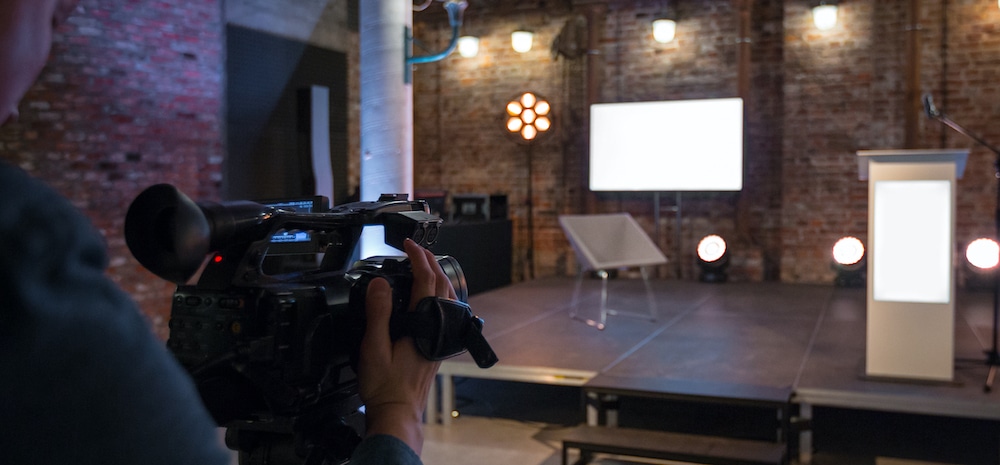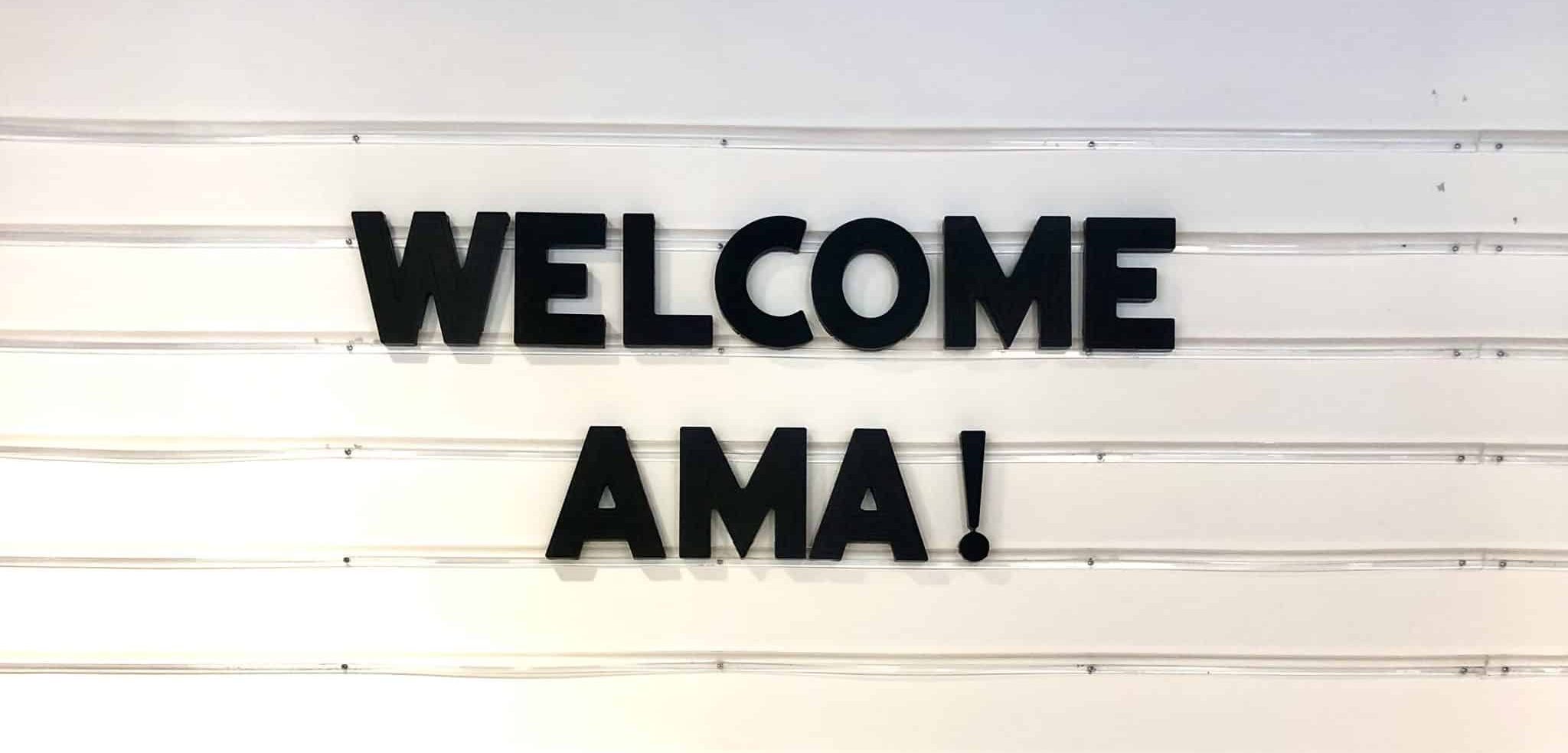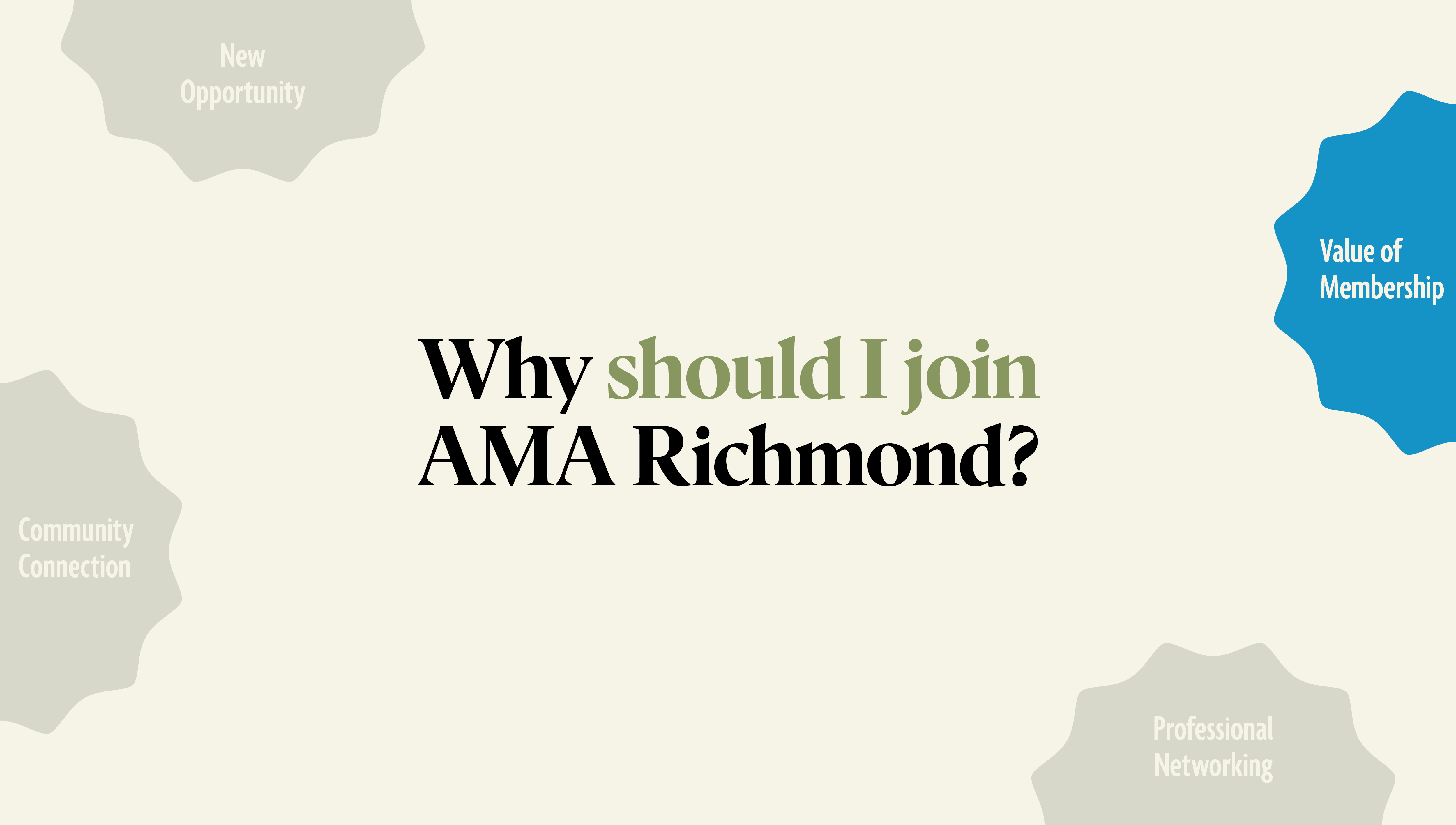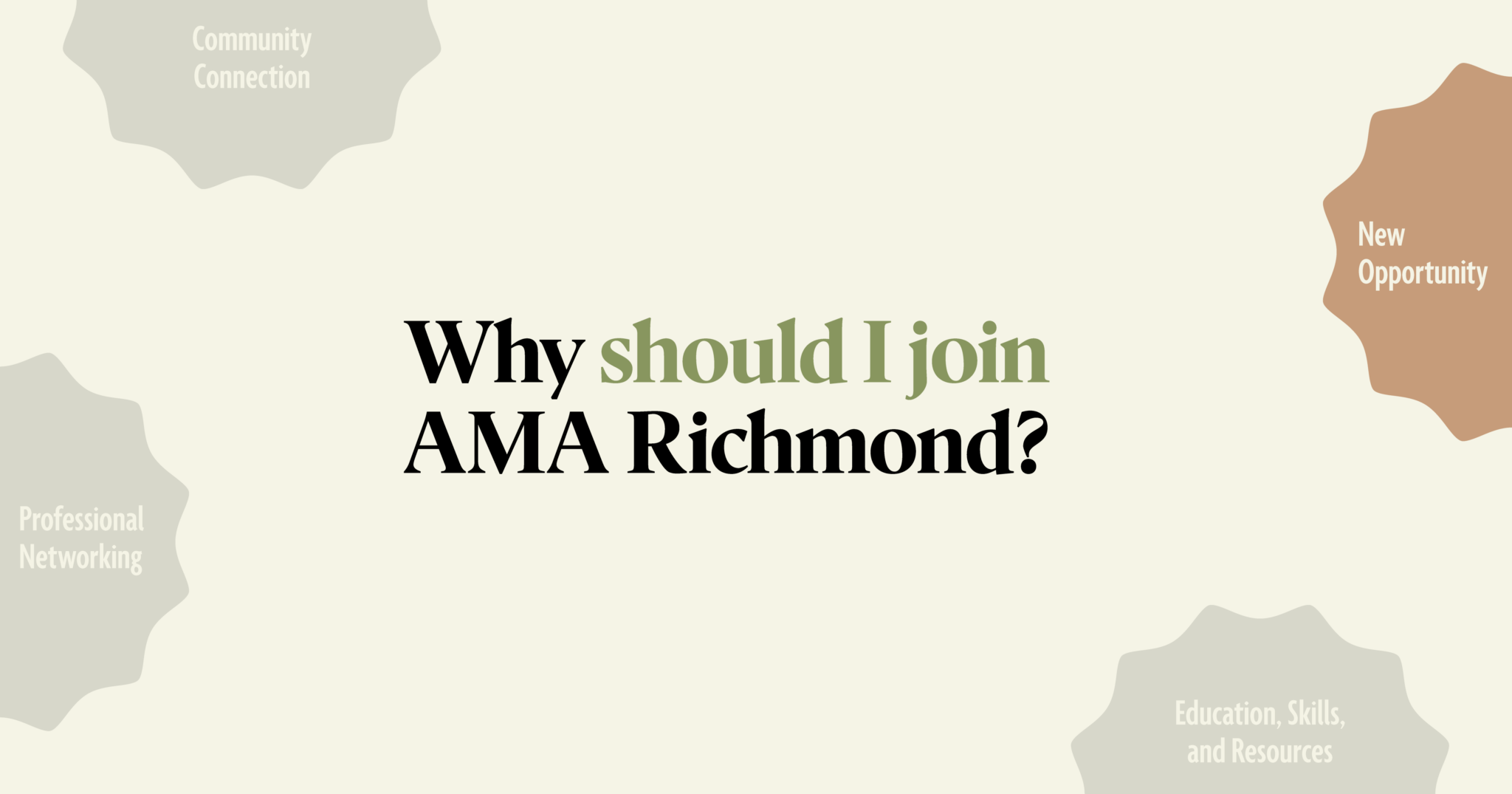2020 was a whirlwind of change. We, as marketers, had to set aside all that we knew about in-person event planning, become Zoom-super users, and learn everything we could about planning and executing virtual events. 2021 is bringing its own challenges, and with varying levels of comfort with in-person experiences we have a fresh task ahead of us: serving in-person AND virtual audiences seamlessly. Here are a few tips for creating engaging hybrid events.
1. Keep Experience top of mind—Think of your in-person guests and your virtual guests as two distinct personas. Throughout every piece of the event, map out both user journeys, making sure neither group is left out. There will likely need to be different measures taken to enhance the virtual experience, such as recording and broadcasting speakers, than what is needed for the in-person experience. There will also be some shared considerations such as giving folks time to get up and walk around–whether it be around a ballroom or around their house.
2. Plan the sensory experience for both groups—Experience is so important it gets another number. Think of clever ways to bring the brand or theme to life, through branded materials and environments. Branding the “stage”/in-person environment (which can be selectively broadcasted to the virtual attendees) is a great way to permeate the theme of the event. “Swag” or branded giveaways can be dressed up and sent virtually, as well as handed out in person and can add another element of delight to your event.
3. Map out goals for the event—and make sure both groups have opportunities to experience them. Is training a goal? In-person keynotes can also be broadcasted virtually. Breakout sessions can also be held both virtually and in person. If networking or team building are goals, get creative on what activities might be suitable to bring the group together, which brings us to #4:
4. Create time for the entire group to interact—It’s natural for in-person bonding to happen naturally, during walks to refill coffee cups or elevator rides. It’s also natural for virtual interaction to happen via Zoom chats and private messages. A challenge—er opportunity—for hybrid event planning is to break down the Chinese wall and encourage intermingling between those that are virtual and those attending in person. These moments should be designed to be FUN. Get creative with networking activities such as trivia competitions or jeopardy that lend themselves well to both in-person and virtual audiences.
5. Leverage video—I’m not talking about little Zoom squares or fuzzy low-res talks (though these might have a place too). I’m talking pre-produced, thoughtful, salient video that creates a shared experience and makes you feel something. Video is a great tool for communicating a message, a feeling, and engaging the audience. It’s also great for recall because it hits at multiple senses, creating multiple connections in the brain.
Engage a tech-fluent partner to help you plan the event
We’ve all been subject to technical difficulties in virtual meetings, from “you’re muted” to internet issues to video audio not streaming well over screen share. Add to that short list of familiar issues a host of technical considerations for filming and broadcasting the event. Rest assured there are strategies for all of this and more. Partner with an agency/production studio that has a track record of successful virtual/hybrid events to aid in the planning and execution of your engaging event!
Content sponsored by circle S studio
circle S studio is a consulting, branding, and digital agency that serves growth-minded companies across the US, helping clients create authentically differentiated brand experiences that attract and engage clients and top talent to propel meaningful growth.




